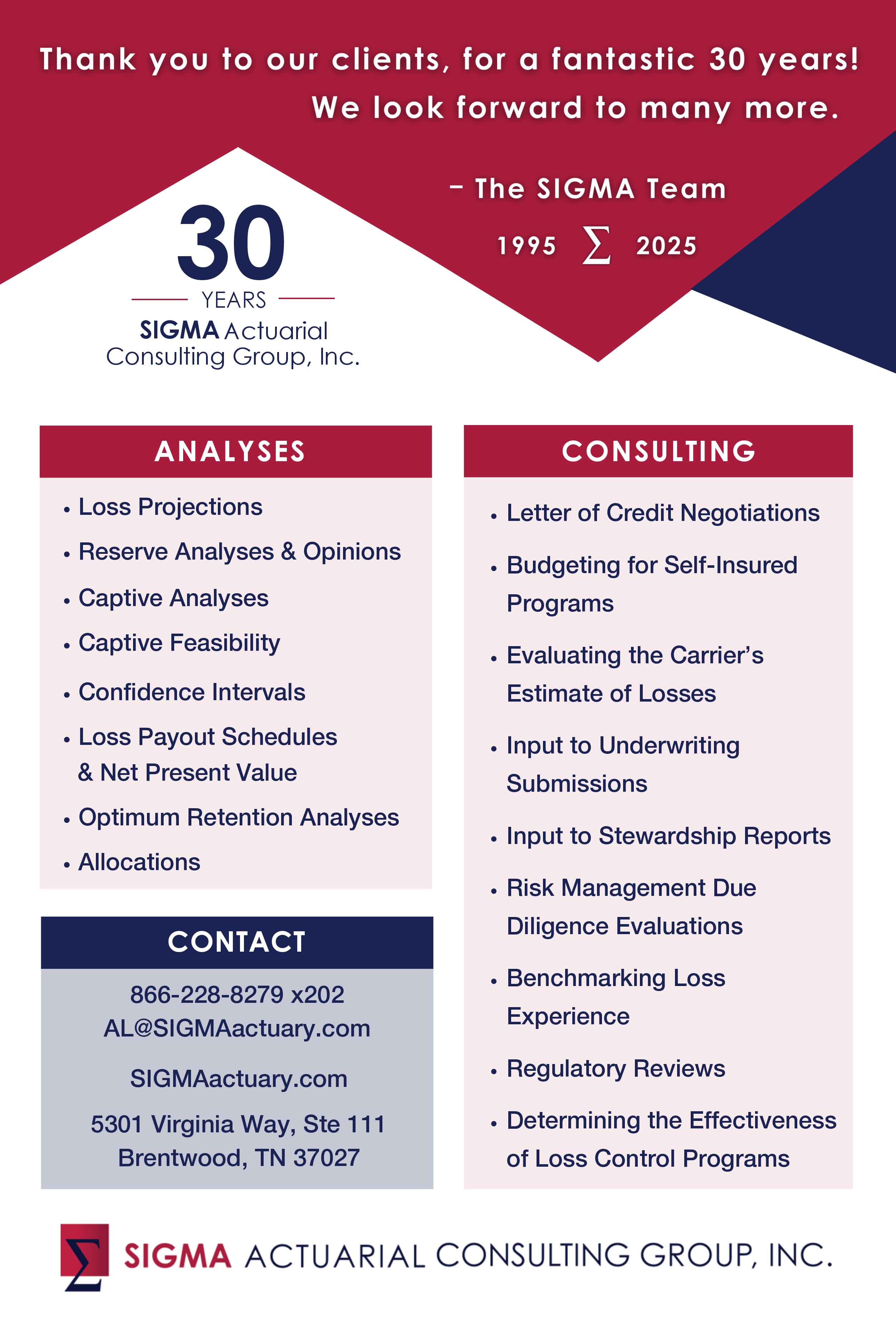The US and EU have signed the bilateral covered agreement on insurance and reinsurance.
The signature marks the final step in more than 20 years of discussions and a year of formal negotiations between the European Commission and the US Department of the Treasury and Office of the Trade Representative.
The covered agreement eliminates collateral and local presence requirements for qualified reinsurers and meaningfully streamlines group supervision requirements for insurers and reinsurers operating in both jurisdictions.
In a joint statement, the EU and the US said: “The agreement represents a major step forward in US-EU cooperation on insurance and reinsurance, conveying benefits to EU and US insurers and reinsurers operating across the Atlantic, by offering them enhanced regulatory certainty, while maintaining robust consumer protections.”
Without a signed agreement, US companies would have been unable to renew or write new business in the EU without first establishing a local presence in each EU member state in which they intend to write business.
A statement from the European Commission said: “EU reinsurers estimate that they have about $40 billion of collateral posted in the US, which could instead be invested to create jobs and growth. The opportunity cost is estimated at around $400 million per year.”
It also explained that the agreement brings “prudential benefits” including a change that means EU insurers and reinsurers must prepare only one risk and solvency assessment in light of their specific risk profile. US supervisors will also use this assessment.
The signature allows parts of the agreement to become immediately applicable on a provisional basis. The European Parliament and Council will need to approve the conclusion of the agreement.
Earlier this year S&P Global Ratings suggested that the covered agreement is one key area where the Dodd-Frank Act worked as intended.
The rating agency suggested that Dodd-Frank “empowers the Federal Insurance Office to advise the US Treasury and the US Trade Representative in international insurance negotiations, including areas of differentiating regulatory treatments”, which the covered agreement is designed to overcome.






